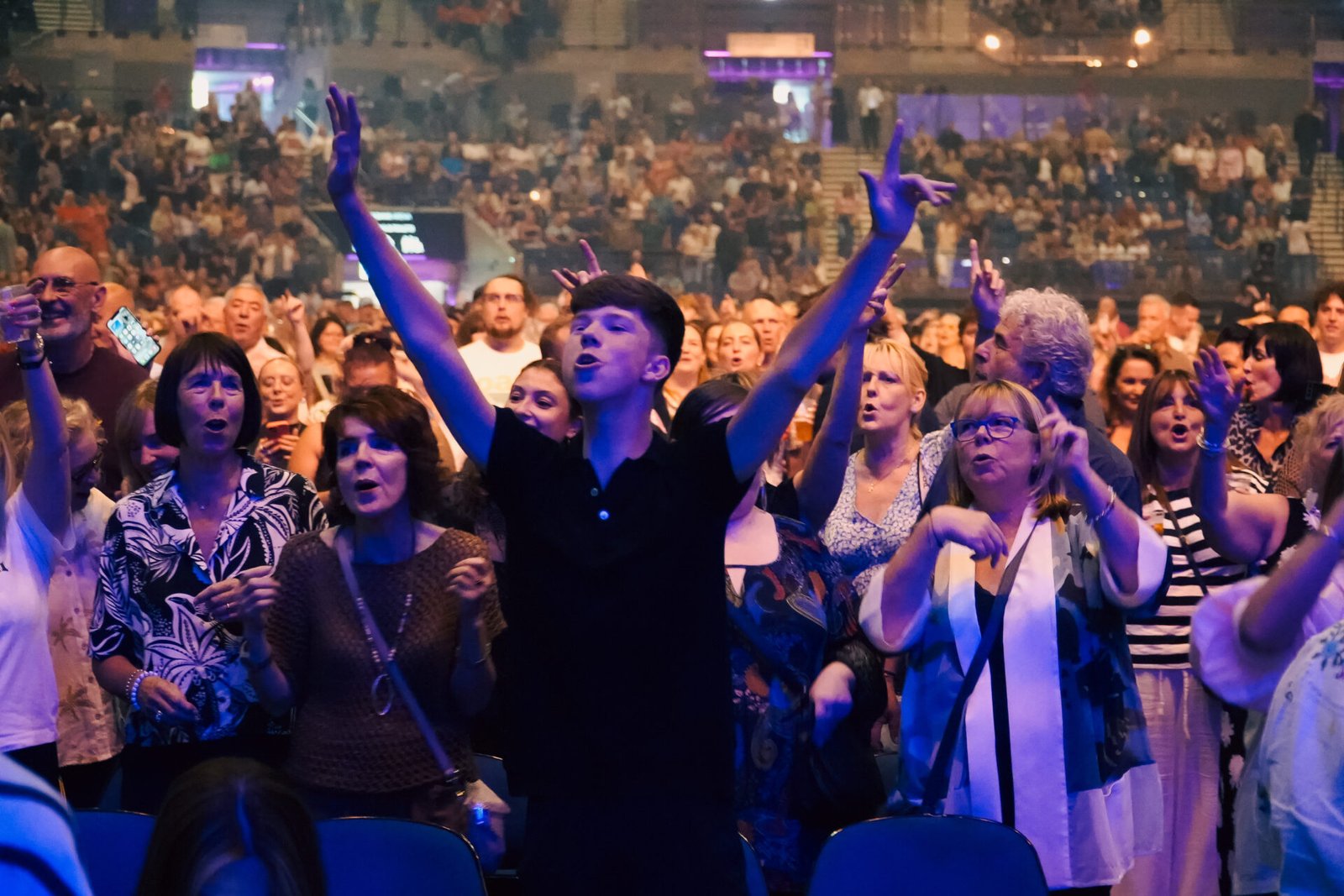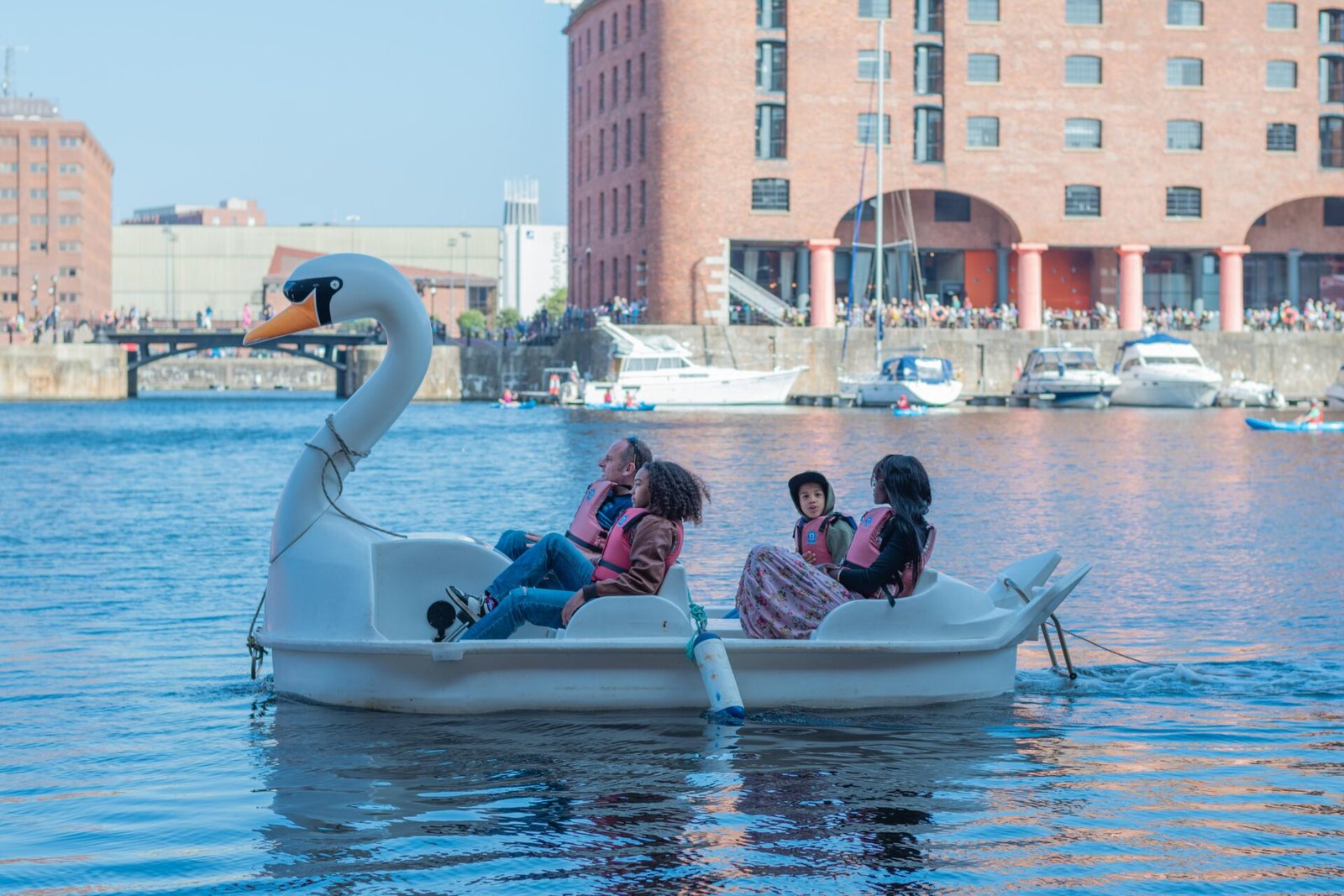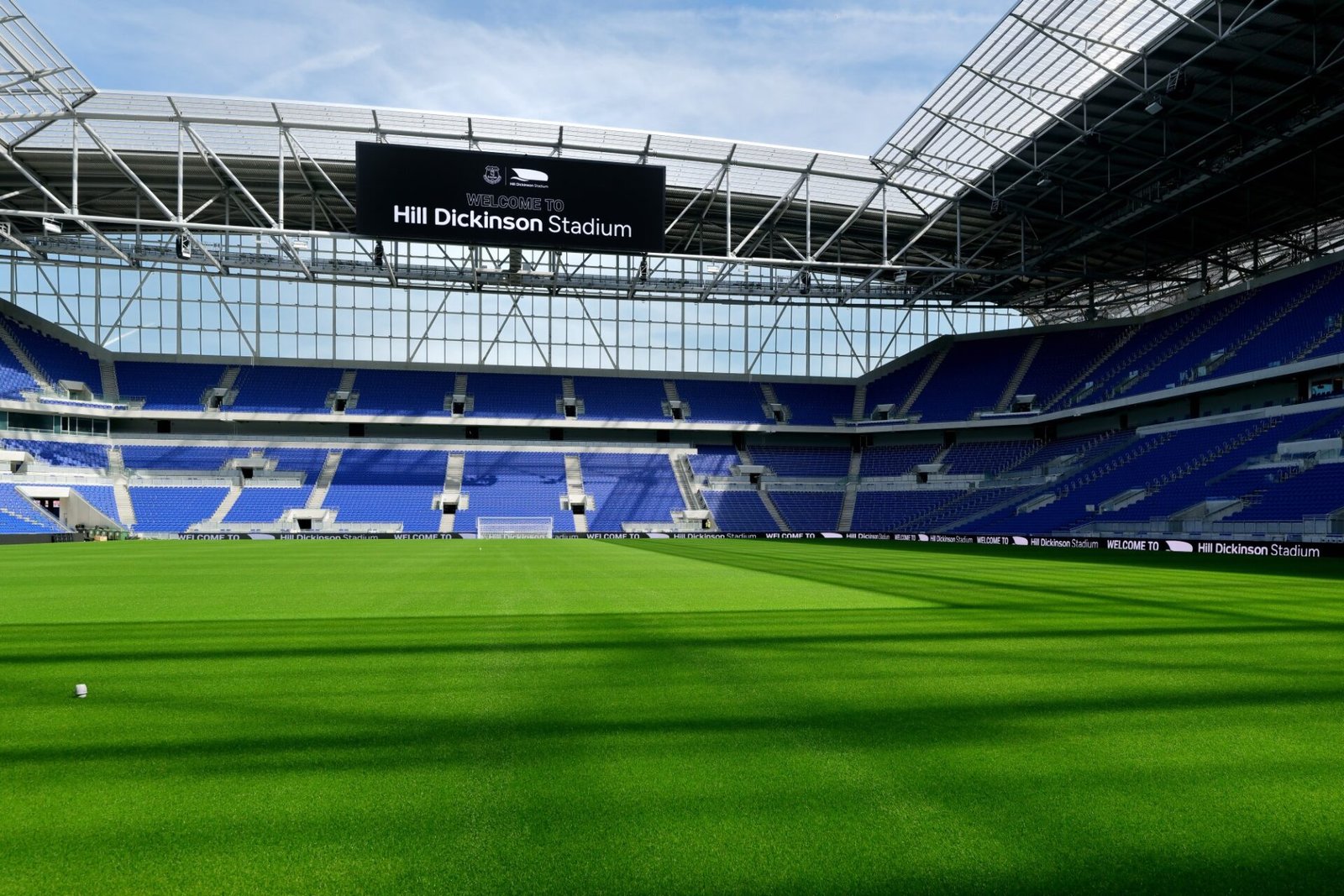Has the Liverpool music scene has never been so vibrant, diverse and accessible as it is today.
Endless venues from literally that cellar (The Cavern) to a 10,000 seat arena, ensure that the (beat)ing heart of the city continues to propel those with the adventurous spirit onwards.
In the past as a port, new sounds continuously flowed into our city from generations of migrants and the returning sailing vessels with their ship workers bringing home ‘armfuls’ of the latest 45’s along with instruments from all corners of the globe.
Folk song and sea shanties bellowed out from the pubs throughout the city, Liverpool, always known as the singing city, had always faced the worst and best times in song. Who, if they experienced it, could ever forget the women of the factories and wash houses, singing songs to lift their spirits from the monotonous drudgery of their lot, or the huddled masses in shelters singing their defiance at the Luftwaffe.
In the 1950’s radio stations from local to Luxembourg began to fill the drab autumnal post war living rooms with the 45’s that sailors had been bringing home, this was an entirely different air raid, Rock’n’Roll was here!!
As a city that looked out to the new world, Liverpool embraced this riotous new sound, and blended it with the African rhythms emanating from the United Kingdom’s oldest and longest established immigrant community.
Groups began to quickly incorporate these influences into early skiffle and turned its back on the sameness of the 50’s crooners to indulge in the hedonistic freedom of rhythm and blues.
In 1957 Alan Sytner opened the Cavern in Matthew Street. A young jazz enthusiast, He is said to have developed the idea when he spent some time in Paris It was there he saw a venue called ‘Le Caveau De La Huchette’, this inspired him to open something similar in Liverpool and he planned for it to become the top jazz venue outside London. The rest, as the saying goes, is history.
Alongside The Beatles, Gerry and the Pacemakers, The Searchers, Frankie Vaughan, Cilla Black there were countless other local groups and singers of the time, many of whom broke through to become international stars. As we know, The Beatles became, arguably, one of the biggest worldwide cultural phenomenons in history. Sytner was also able book the likes of Louis Armstrong, American Blues legend, Big Bill Broonzy, Sister Rosetta Tharpe, Marie Knight, Sonny Terry and Brownie McGhee, withTubby Hayes and Ronnie Scott forming The Jazz Couriers to perform at his Cavern club.
The music was given the title of the ‘Mersey Sound’ by the media, a term that most bands/singers despised and disassociated themselves from, for them it was the continuation of the singing city’s tradition of storytelling and protest through song and it didn’t require a crass media moniker to define it.
Following the sixties boom, Liverpool continued to be an innovative musical hotbed with Eric’s becoming the venue for local and national groups. And an important venue for the burgeoning punk scene. Orchestral Manoeuvres in the Dark, Echo and the Bunnymen, Teardrop Explodes, Wah! and Heat all played their first gigs there. Big in Japan were an Eric’s success story, band members later having links with the Lightning Seeds, Frankie Goes to Hollywood, Siouxsie and the Banshees, the KLF and the Cream nightclub.
And now in the present day the venues for music in the city, a city that has become a permanent UNESCO City of Music, they are too numerous to name here, Venues for singers and bands seem endless, Maguire’s Pizza Bar, East Village Arts Club, Sound Food & Drink, The Brink, The Kazimier, Django’s Riff, he Magnet, The Caledonia, Leaf, The Dovedale Towers, Shipping Forecast, Camp and Furnace, The Kitchen, The Cavern ,View Two, Nordic Church, The Zanzibar, Studio 2, Baltic Social and The Liverpool.
We also have numerous festivals including the Liverpool International Music Festival (LIMF), Liverpool Sound City and Liverpool Psych Fest, the Royal Liverpool Philharmonic Orchestra, Creamfields and Africa Oye, the largest celebration of live African music in the UK.
Liverpool, the singing city, a cellar to an orchestral hall, it remains a place of endless innovation, with music seeping from its very walls you just need to follow “yer ears”.










